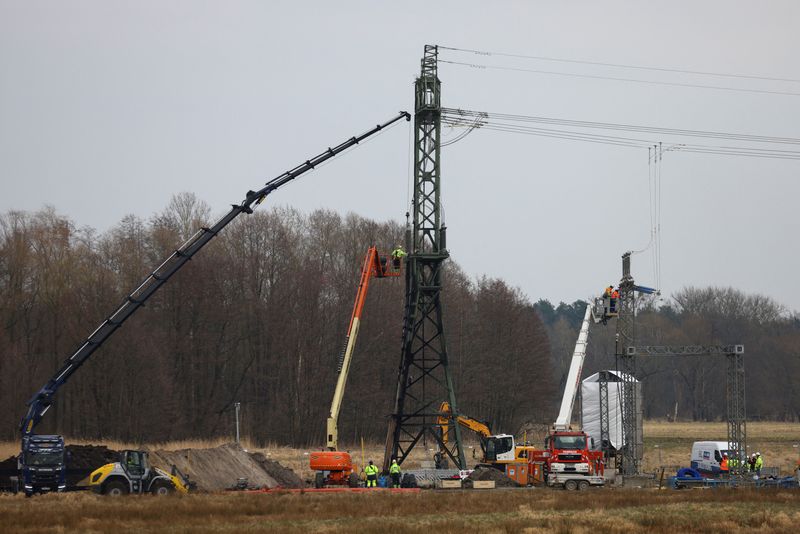Catastrophe bonds, or CAT bonds, are a type of risk-linked security designed to transfer the financial risk of natural disasters from insurers to investors. These bonds are typically issued by insurance or reinsurance companies to cover significant losses caused by events such as hurricanes, earthquakes, or floods. Investors in CAT bonds receive higher yields compared to traditional bonds, but they risk losing part or all of their principal if a specified catastrophe occurs during the bond’s term.
Pricing models for catastrophic risk-linked securities have primarily followed two methodologies: the theory of equilibrium pricing and the no-arbitrage valuation framework. Reference [1] proposed a pricing approach based on the no-arbitrage framework, offering valuable insights into how CAT bonds are priced.
In their model, the authors utilized the CIR stochastic process model for interest rates and the jump-diffusion stochastic process model for losses. They pointed out,
In this paper, we first discussed the notions of CAT bonds, then described how these bonds were modeled using mathematical concepts of finance and then derived a PIDE and a first-order differential equation through the semi-discretization approach. In this equation, one of the components connected with these securities, the market price of risk of damage, is unavailable; a quadratic term was built using market ask and bid prices to determine this variable. This quadratic equation was improperly formulated; thus, we used the Tikhonov regularization to transform it into a near-initial problem. Then, using the Euler-Lagrange equation, we obtained a Poisson PDE equation. Finally, we provided an approach and numerical findings for determining the market price of risk.
We find the stochastic model, equation (1), to be particularly insightful and effective in describing catastrophic losses.
This year has witnessed numerous hurricanes across Asia, Europe, and America, leading to significant claims for insurers. This paper represents a contribution to advancing risk-sharing practices in the insurance industry.
Let us know what you think in the comments below or in the discussion forum.
References
[1] S. Pourmohammad Azizi & Abdolsadeh Neisy, Inverse Problems to Estimate Market Price of Risk in Catastrophe Bonds, Mathematical Methods of Statistics, Vol. 33 No. 3 2024
Further questions
What's your question? Ask it in the discussion forum
Have an answer to the questions below? Post it here or in the forum




